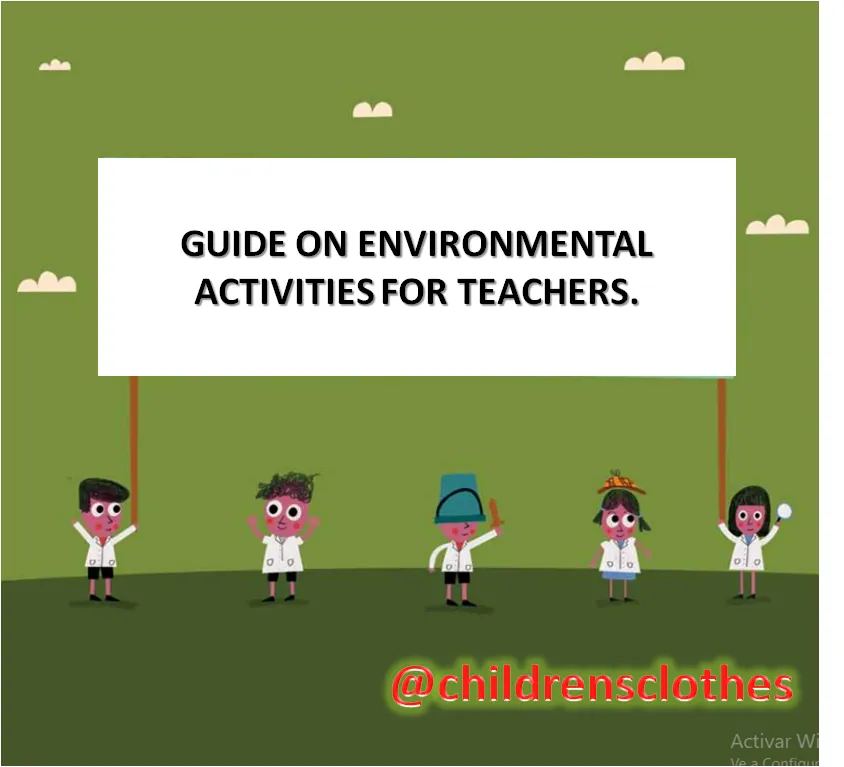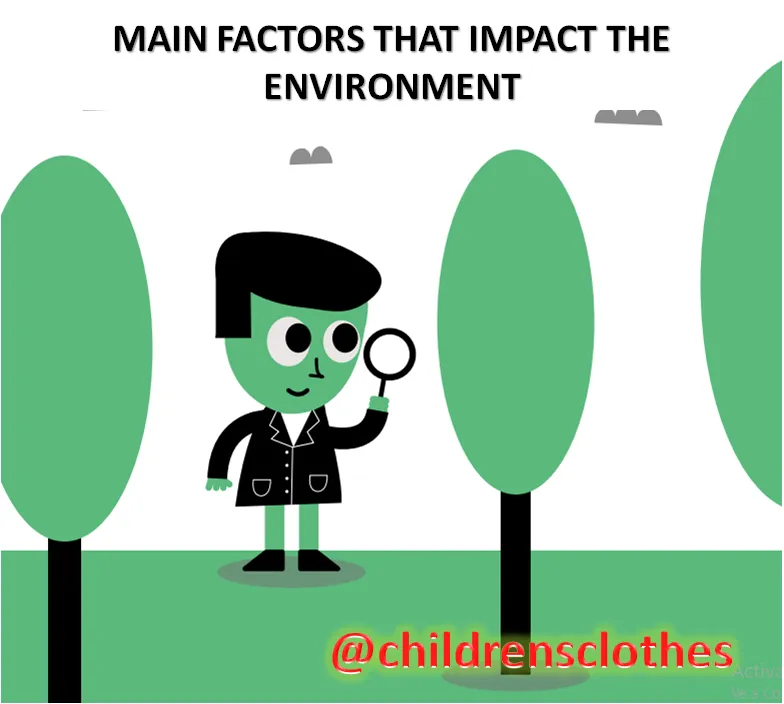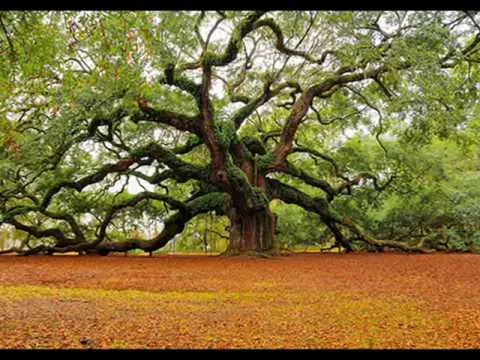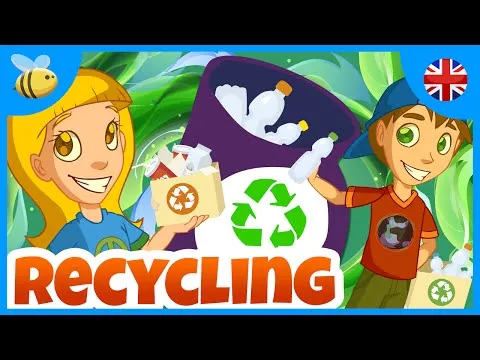We welcome you to this "Environment Activity Guide" to work in the classroom with elementary school students.


This guide is structured in two parts. The first one offers conceptual information about the main problems that affect the environment in our communities, and the second part proposes activities and suggestions to develop with students of 1st and 2nd cycle of primary school.
The activities are oriented to play, reflection, research, recreation and active participation of children. All of them work as a guide that teachers can adapt, modify, deepen or recreate, taking into account the group of students, the ages, the space they have in their schools, the possibility of participation of other actors in the educational community, etc.
CARING FOR THE ENVIRONMENT
Although many times when we refer to the environment we think of nature, water or air, this is a much richer concept and includes humans and their way of relating. We are in permanent interaction with the environment, our way of life is influenced by it and our actions, in turn, modify it.
Therefore, from the home and the family we can raise awareness and create an ecological conscience in children so that they value and take care of natural resources and fundamentally understand that there is an important relationship between us and nature. It is important that environmental education promotes cultural changes by establishing that connection between personal behavior and habitat problems.Cultural change is a slow process, which requires all actors in the process educational: the family and the whole school community. One of the main purposes of the current school is the teaching and construction of "knowledge socially productive ". This category includes much more than the acquisition of technical knowledge,
practical and useful that have traditionally been an expression of hegemonic content.
It is about knowledge that favors the construction of shared meanings tending to the inclusion in terms of transformation of the individual and community development of the subjects in the society, in a determined historical conjuncture.
Environmental education aims to relate the human being with the environment in which he lives, in order to raise awareness and seek a change in attitude that favors care and protection
of the environment, for its conservation and for the improvement of the quality of life.
Awareness about the importance of the medium of which we are part is essential in the education of children. In this framework, schools play a fundamental role in this process to raise awareness and help to know, learn and value our relationship with the environment in which we live.


POLLUTION ENVIRONMENTAL
One of the main problems that our habitat suffers is pollution. We call environmental pollution the presence of any physical, chemical or biological agent, or a combination of several that may be harmful to health, the welfare of the population, animal or plant life or, even when they prevent the normal use of spaces for recreation and enjoyment.
The technological process added to the accelerated growth of the populations are producing an alteration in the environment and in some cases they come up against the biological balance of the Earth. This does not mean that the technological development or the advance of civilization is necessarily opposed to maintaining the ecological balance, but it is important that man understand the forms of use and protection to achieve a harmony between these two aspects. For that, the protection of renewable and non-renewable resources and the awareness of why the care of the
Environment is so important for life on the planet.
DEFORESTATION AND THE TALA OF TREES
DEFORESTATION AND THE TALA OF TREES
It is one of the problems that has most attacked the ecological system. Deforestation or felling of trees is a process caused, generally, by human action and that It produces the destruction of forest areas through logging or burning by the wood industry as well as by obtaining land for the
agriculture, mining and livestock.
Chopping trees without efficient planning for reforestation causes serious damage to habitat and generates the loss of biodiversity and aridity. Deforested regions tend to a soil erosion and end up turning those lands into non-productive ones.
The factors that lead to deforestation on a large scale are neglect and often ignorance of the value of land and trees, the irresponsible management of afforestation and the lack of environmental laws that regulate these actions. In many
countries these actions has led to the extinction of species, changes in climatic conditions, desertification and displacement of communities.
One of the most important problems in cities is the indiscriminate felling of trees. Many times, residents of neighborhoods, decide to cut a tree for various reasons: because it bothers the entrance of a car, because it dirtied the path or for other reasons.
This increases the disappearance of vegetation, thus reducing the wooded areas that They absorb CO2 and increase the greenhouse effect. Another important consequence
it is the erosion of the soil, since the roots maintain the firm soil, and the leaves form a mantle that retains moisture and nutrients.
For this reason, it is important to inform the population and raise awareness among adults about inconvenient to cut the trees of their own paths. It is only essential to cut them when they are dry (dead) and at risk of falling. In that case, it is essential to return to plant a tree in that same place.
While each municipality has its rules and procedures for logging and planting, it is important that all residents know about the importance of planting trees to protect the green lungs in their neighborhoods and cities.
THE SEPARATION OF WASTE
The separation of waste at source is the practice from which the materials that can be reused or recycled and those that are garbage. This separation it is carried out in the place where the waste is generated (origin): private homes,
offices, schools, hotels, shopping centers, public buildings, restaurants, among others. It must be done in such a way that the reusable or recyclable materials can be classified and processed to be reinserted into the productive circuit as raw material for industry and commerce. That is why they must be clean and dry.
In neighborhoods and cities, many families collect and separate waste specifically for sale for reuse. Therefore, it is also important to know the necessary steps and ways to classify, reuse and recycle to achieve a better use of waste and a greater awareness of how these processes favor the care of the environment.
In this sense, the experience of the children and their families can be the starting point to work in the schools these topics.
ACTIVITIES TO DEVELOP
The importance of trees
Where trees are cut or the desert advances, reforestation is a huge benefit for the environment. Recover lost habitats improves air quality, avoids
the erosive action of wind and rain on the ground and also improves the conditions of the
ecosystem, flora and fauna that surrounds them. With this activity, we propose you Involve your students in the care of our green ecosystems.
goals
• That the students know the role of trees for the life of living beings.
• That students are aware of the importance of caring for plants and trees for the environment.
Step 1: Let's talk about trees
First, the teacher will begin the class by separating the group into four teams. TO Each of the teams will be given a riddle related to trees and plants. Them
will comment to the students that this will be the theme of the class.
1) Without the air I do not live;
without the earth I die;
I have buds without being an egg,
and drink without being a hat.
2) He is a great manor has green hat and brown pants.
3) I never take off my clothes
But I wear a disguise In my green body
When Christmas arrives
4) They strip me when it's cold and they dress me in the summer . ( Clarify that it is a summer synonym)
5) Some drink by mouth, what is the way to drink,
but I know someone who drinks only by the feet.
Secondly, each team must draw and design their own forest for later Show it to the rest of the class. Then, the teacher will ask the students about the trees, forests and green spaces they know. It is suggested that the teacher help to the students to think about the care of the trees from the following questions:
Do you think we take care of the trees? What do we use them for?
In what way can we see that we take care of them or not?
What problems do you think it brings us not to take care of them?
Step 2: The importance of trees
Secondly, all together will see the following video and each work team should record what are the functions that trees fulfill for living beings.

The world of recycling
This activity is framed in one of the three "R's" of environmental care (Reduce, Recycle, Reuse). In this case we will deal with recycling. Its importance lies in the possibility of saving materials, taking care of raw materials and avoiding accumulation of material that is harmful to the environment. It is important to pay attention to the need to make recycling a habit that includes the separation of waste according to its composition as one of its fundamental pillars.
Goals
• That students value the importance of recycling and its impact on our daily lives.
• That the students classify the different wastes according to their composition.
Step 1: We get into the world of recycling
The teacher will introduce the class based on the following questions:
What does it mean to recycle?
Why do you think it is important for the environment?
Then, students will see the following video:

As in the video, the teacher will ask students to make a list on the board of the elements that are usually thrown away in their homes. Then, you will write the words BLUE - YELLOW - GREEN - GRAY (or you can also put four cards of that color). These words represent the colors currently used for the separation of waste. Together with the students, the teacher will locate the designated waste previously where appropriate.
Step 2: Sorting waste
The teacher will separate the class into groups of 4 or 5 children. The proposal will be to play a "Tutti Frutti of recycling". To do this, he will propose to the students that on a sheet they make four columns and that each one of them assign a color: blue - yellow - green - gray.
In turn, the teacher will choose a letter at random and from there, students must complete the columns with objects related to the recycled color of the column that start with the chosen letter. The first group to complete the four columns should Say "Enough for me, enough for everyone" and the game stops. Each group shares its objects and earn a point for each of them. Win the team that gets the most points
after the amount of rounds determined by the teacher.
Step 3: A message to the community
With the same working groups, the teacher will propose to the students that they imagine messages or slogans for a campaign to promote recycling in your neighborhood. The Messages made on cardboard can be hung in the classroom and used in other activities.
The teacher will organize a day of departure to the recycling cooperative. Questions will be considered in groups, and then together they will put together a list of between 7 and 10 questions so that take a guide and talk with the work team of the Cooperative.
This project is linked to the @sc-v GREEN FOOTPRINT campaign.
Contact Data.
In addition we will have channels available for questions, suggestions and personalized attention through email and discord.
vastgaocasademodas@hotmail.com
xioreromero@gmail.com or chat with @childrensclothes#7556 on our Discord
You can also enjoy updated information on events and models from our Aurora collection, follow the Instagram account: Vastagocasademodas.
We accept payments in Cryptocurrencies Steem, Sbd.
Why support @childrensclothes?
By supporting this productive social program will be contributing to a solidarity project for children in Venezuela who have no shelter, food and medicine, will be strengthening the productive apparatus and the ability to generate jobs to mothers head of households, will also contribute to maximize the level educational with training for entrepreneurs in various trends, financial, commercial, business, personalized courses, will also be promoting the inclusion of special children Autism, Down syndrome, and children with cancer that occupy a special place. Preventive measures to care for the environment The use of the blockchain will be established as a technology with purpose, and to empower leaders in action to form their own companies, in a self-sustaining model through efficient resource management.
"If society improves, it will improve the performance of the company. You can not be happy alone, I can not do well in the middle of a failed society "
FASHION WITH PURPOSE: THE BEST COAT, IT'S LOVE
YEAR 2019. The goal is to enjoy childhood in all its colors, aromas and flavors.
We thank our collaborators:
@fundition,@adollaraday, @pennsif, @sc-v,@wafrica,@ecotrain, @curie,@c-squared,@artemislives,@gogreenbuddy.


Posted from my blog with SteemPress : http://childrensclothes.repollo.org/2019/06/20/caring-for-the-environment-support-for-the-educator/

